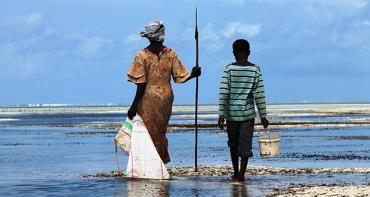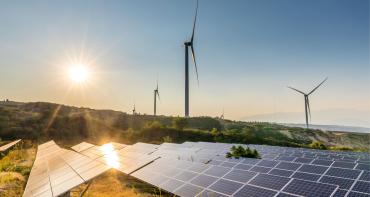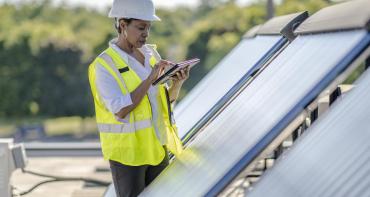The Governments of Kenya and Eswatini have stepped forward to champion action on geothermal energy and energy literacy, as part of the Commonwealth Sustainable Energy Transition (CSET) Agenda.
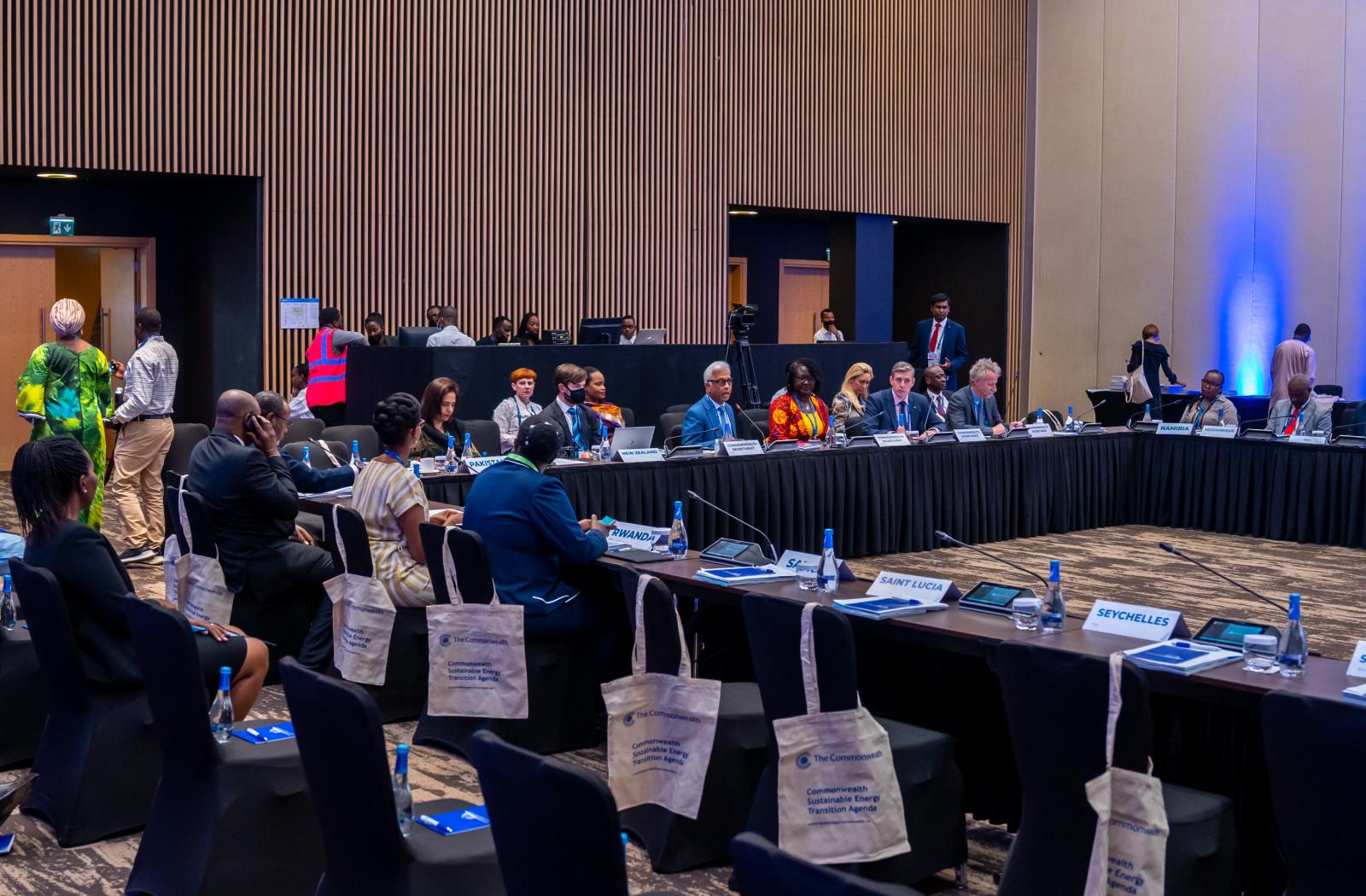
The announcements were made during a side event in the margins of the Commonwealth Heads of Government Meeting in Kigali this week, where leaders have gathered to discuss pressing global issues facing member countries and to decide actions and work programmes for the organisation.
In their new roles as Champion Countries under the CSET Agenda, Kenya and Eswatini will take the lead in forming voluntary coalitions made up of member countries willing to work together to develop shared strategies and align action on each issue.
Deputy Secretary-General of the Commonwealth, Dr Arjoon Suddhoo, said:
“The Commonwealth Sustainable Energy Transition Agenda is the Commonwealth flagship for accelerating the global energy transition.
“Our Commonwealth is blessed with a wealth of precious natural resources, including renewable energy sources such as wind, solar, geothermal, tidal and wave energy. However, our shared economic recovery will depend upon learning from the past and continuing to learn from one other as we build a better future.
“The Sustainable Development Goals point the way, particularly SDG7 on sustainable energy, SDG13 on climate change, and SDG14 concerning the ocean.”
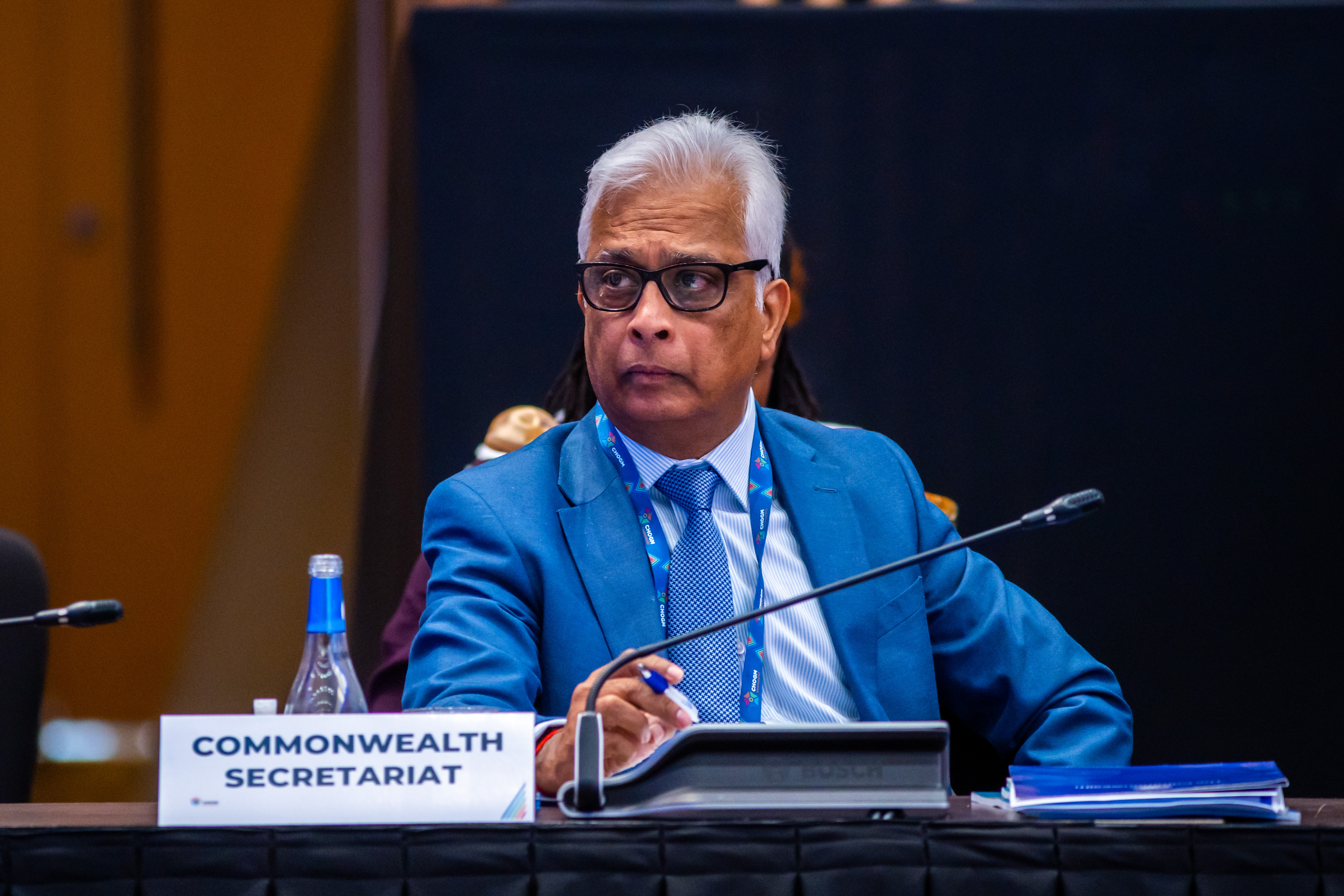
Maximising untapped potential of geothermal energy
Launching the Action Group on Geothermal Energy, a spokesperson delivered a statement on behalf of Rebecca Miano, Managing Director & CEO of Kenya Electricity Generating Company PLC (KenGen). She said:
“Kenya is pleased to take the lead to champion the Action Group on geothermal energy under the CSET Agenda. Globally, geothermal energy makes up less than 1 per cent of renewable energy sources, but significant potential exists to increase this to make geothermal baseload by 2050. Kenya is already leading the way in this sector. We are happy to share best practices and in-depth experience with fellow Commonwealth countries who also wish to develop this opportunity and to contribute to the global transition to low carbon forms of energy.”
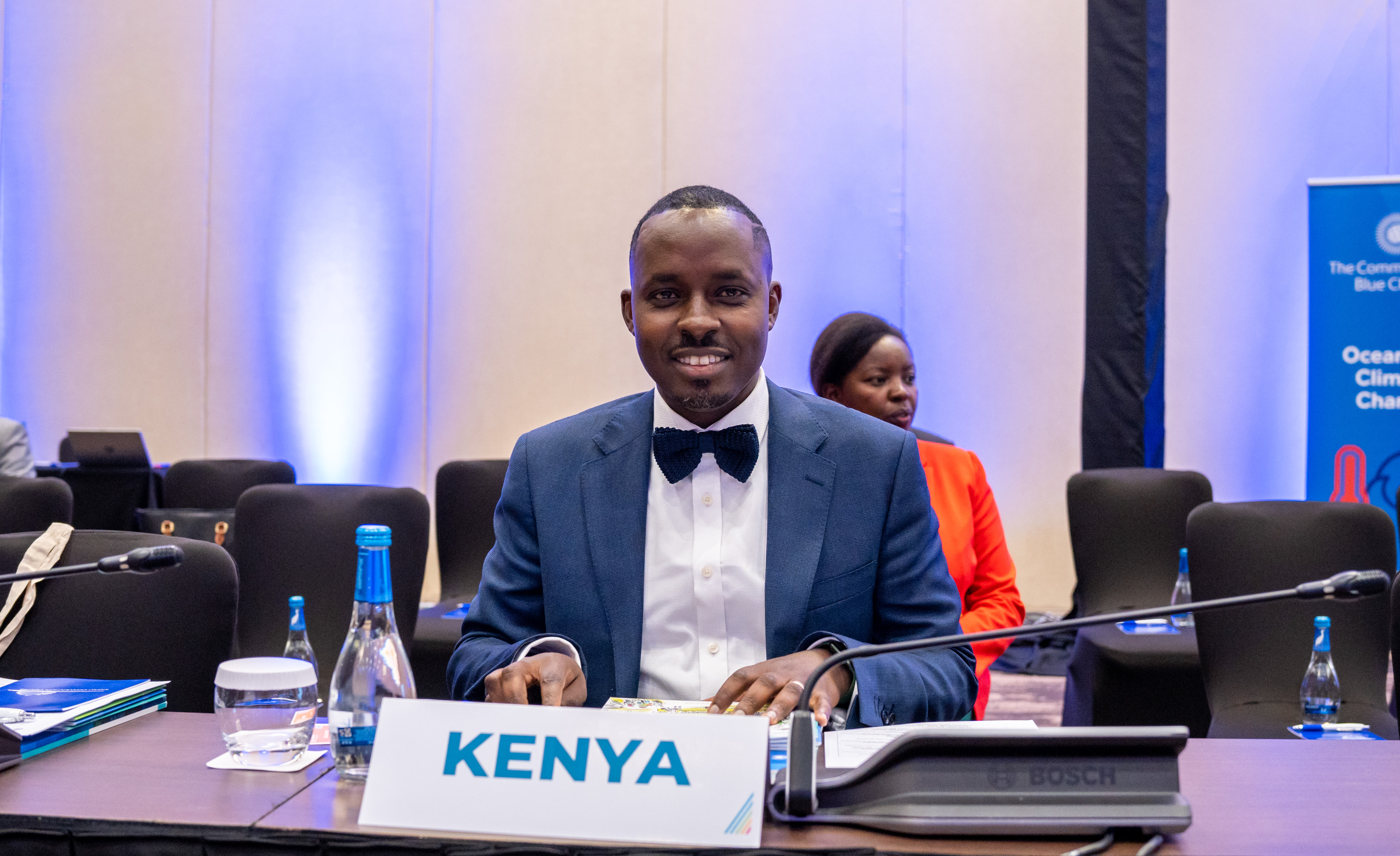
Currently, four Commonwealth member countries have installed geothermal energy. New Zealand and Kenya have the highest installed capacity at 984 MW and 823.8 MW, respectively, followed by Papua New Guinea (56 MW) and Australia (0.31 MW).
However, there is great potential for its development in the Commonwealth, particularly in geothermal resource-rich countries such as Canada, Dominica, St Lucia, St Vincent, St Kitts and Nevis in the Caribbean and the Americas; Kenya, Mozambique, Tanzania and Uganda in East Africa; and Australia, New Zealand, Papua New Guinea and the Solomon Islands in the Pacific.
Promoting energy literacy
At the same side event, Senator Manqoba Khumalo, Minister for Commerce, Industry and Trade of Eswatini, invited other countries to join the Action Group on Energy Literacy, stating:
“Knowledge is power, and energy literacy empowers people to make informed and better decisions concerning energy. Research has shown that despite increasing concerns about sustainable energy and its role in addressing climate change, energy literacy levels remain low among most people.
“Eswatini is proud to steer this Action Group with the hope of collaborating with other likeminded Commonwealth countries to raise awareness among our societies about energy issues, and then translate these into concrete actions that will help achieve a more sustainable future for all.”
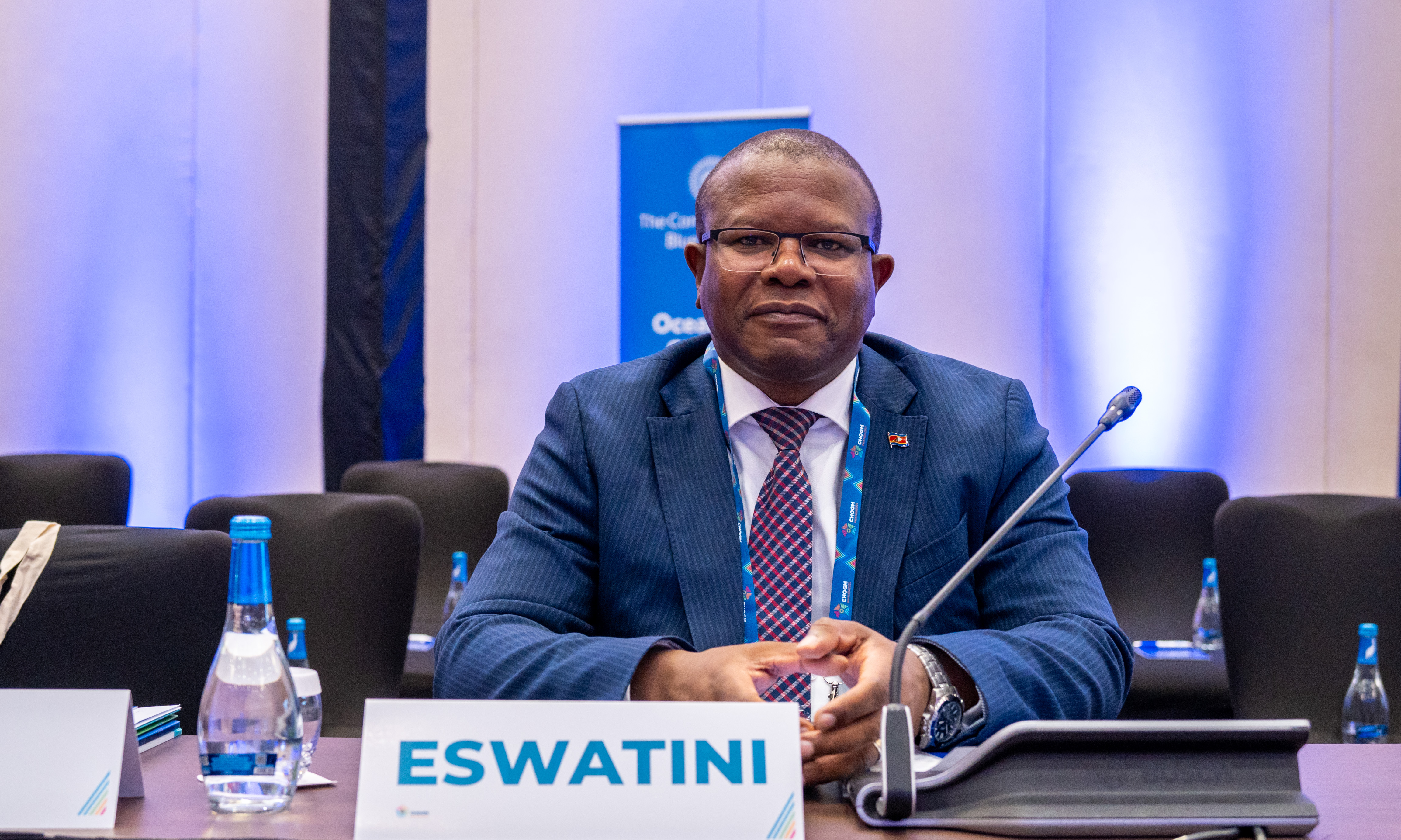
The Action Group on Energy Literacy will share information, know-how, best practices and collaborate to support energy literacy amongst children, young people and local communities, facilitate dialogue amongst various stakeholders on sustainable energy, and encourage cooperation with potential partners such as regional organisations, community-based organisations and the private sector.
Countries such as Malta, Ghana, Seychelles and Sri Lanka have already signed up to join the Action Group.
In support of this work, the Commonwealth Secretariat recently unveiled a children’s book series on sustainable energy, targeting school students aged 7 to 12, which were presented to Commonwealth Education Ministers in April this year.
Clean energy transition
The two new action groups are the first to be launched under the CSET Agenda, in addition to another on youth, which was announced at the Commonwealth Youth Forum last week. This action group on youth is led by an interim steering committee made up of representatives from Nigeria, the United Kingdom, Tanzania and Singapore.
The CSET Agenda was developed in response to a mandate given by Commonwealth leaders at their previous CHOGM meeting in 2018.
In June 2019, the inaugural Commonwealth Sustainable Energy Forum was held, which outlined three pillars of action to guide Commonwealth action: (I) Inclusive Transitions; (II) Technology and Innovation and (III) Enabling Frameworks.
The second Commonwealth Sustainable Energy Forum took place virtually in May 2021 to facilitate consensus building, knowledge sharing as well as raised ambitions amongst member countries to achieve the targets under Sustainable Development Goal 7 (SDG7), as well as the Paris Agreement on Climate Change.
It was agreed that member countries will drive the implementation of the CSET Agenda through Action Groups, which will meet regularly and shape their own respective work plans, supported by the Commonwealth Secretariat.
Learn more about the Commonwealth Sustainable Energy Transition Agenda
Media contact
- Josephine Latu-Sanft Senior Communications Officer, Communications Division, Commonwealth Secretariat
- +44 20 7747 6476 | E-mail

